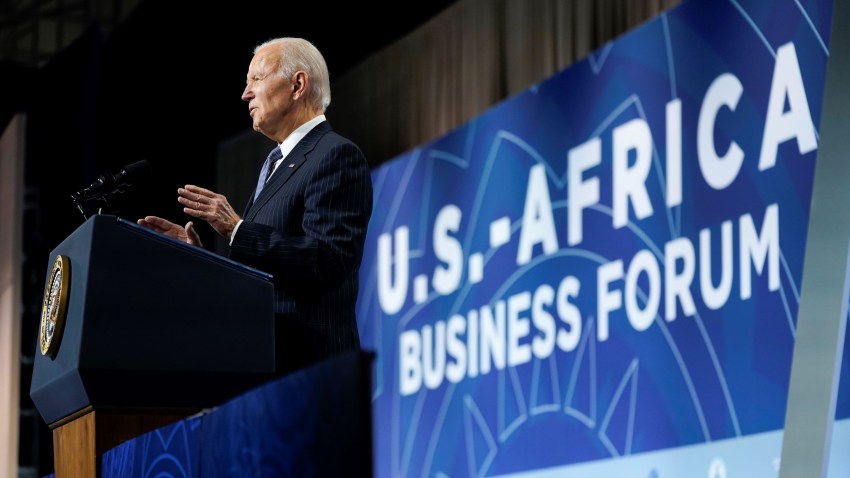In December 2022, U.S. President Joe Biden hosted the U.S.-Africa Leaders’ Summit in Washington. The second-ever gathering of its kind, the summit was heralded as a signal of renewed focus by the administration on engaging with governments on the continent, underpinned by a new strategy document. While the summit had several positive outcomes, it fell short when it comes to engaging with civil society in a meaningful way and the discussion around human rights.
One year later, it is clear that the reemergence of so-called great power competition with China and Russia is driving Washington’s Africa policy. As a result, engagement with civil society remains limited and human rights protection continues to be placed on the back burner.
The leaders’ summit was a defining moment for the administration’s Africa policy, and changes to the format between the first edition—held by then-President Barack Obama in 2014—and this one, such as participation of representatives of the African diaspora in the U.S., were welcome. In addition, several of the commitments made during the summit were positive. In particular, the private sector deliverables—such as as signing a historic memorandum of understanding with the new African Continental Free Trade Area Secretariat and the Digital Transformation with Africa—will yield dividends, as the continent is diverse and innovative, and Africans should have the same access to U.S. markets as residents of other regions do.

